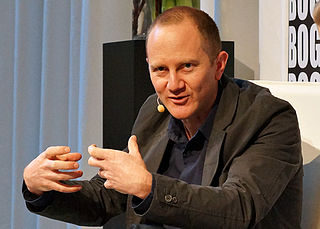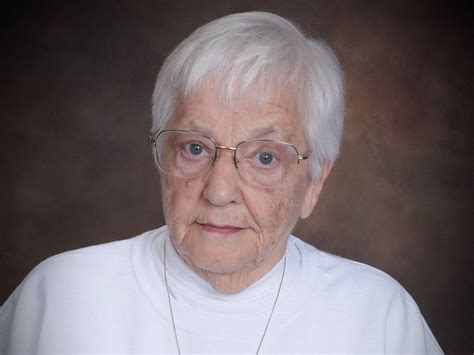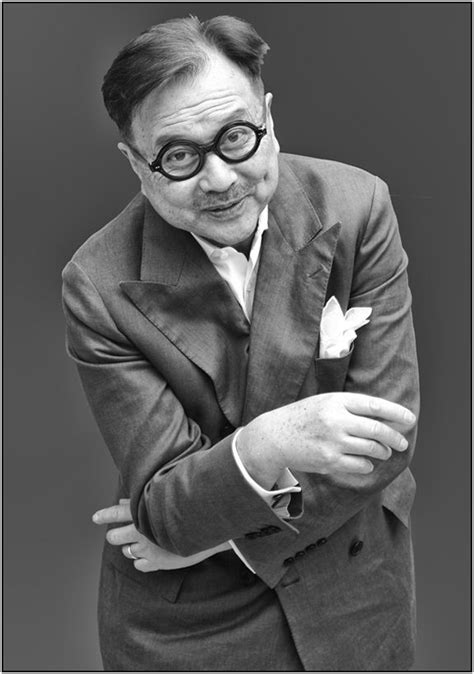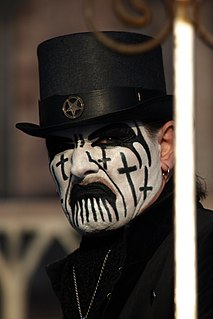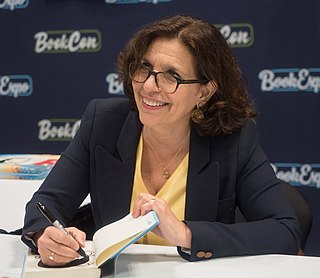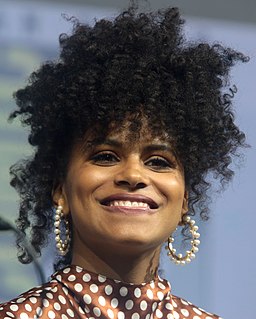A Quote by Jean de la Bruyere
I would not like to see a person who is sober, moderate, chaste and just say that there is no God. They would speak disinterestedly at least, but such a person is not to be found.
Related Quotes
I think my ideal man would speak many languages. He would speak Ibo and Yoruba and English and French and all of the others. He could speak with any person, even the soldiers, and if there was violence in their heart he could change it. He would not have to fight, do you see? Maybe he would not be very handsome, but he would be beautiful when he spoke. He would be very kind, even if you burned his food because you were laughing and talking with your girlfriends instead of watching the cooking. He would just say, 'Ah, never mind'.
Do nothing that you would not like God to see. Say nothing you would not like God to hear. Write nothing you would not like God to read. Go no place where you would not like God to find you. Read no book of which you would not like God to say, "Show it to Me." Never spend your time in such a way that you would not like to have God say, "What are you doing?
I would have conversations with European artists. Meaning, people look at my painting and one person would say, "Oh, your painting is just like so-and-so!" Another person would say, "It's just like so-and-so." But at the end, it's a chain of relay like a marathon. There are so many so-and-so's that eventually it becomes mine. My dialogue was completely European, with the '40s, '50s, '60s artists, but on the exterior side I do big painting. It's post-Pollock. It's current. It's a meeting of the time. The Chinese side just comes out.
You almost have to step outside yourself and look at you as if you were someone else you really care about and really want to protect. Would you let someone take advantage of that person? Would you let someone use that person you really care about? Or would you speak up for them? If it was someone else you care about, you'd say something. I know you would. Okay, now put yourself back in that body. That person is you. Stand up and tell 'em, "Enough!
When God would make His Name known to mankind He could find no better word than "I AM." When He speaks in the first person He says, "I AM"; when we speak of Him we say, "He is"; when we speak to Him we say, "Thou art." Everyone and everything else measures from that fixed point. "I am that I am," says God, "I change not."
I learned early on that one of the secrets of campus leadership was the simplest thing of all: speak to people coming down the sidewalk before they speak to you. I would always look ahead and speak to the person coming toward me. If I knew them I would call them by name, but even if I didn't I would still speak to them.
It's like people you see sometimes, and you can't imagine what it would be like to be that person, whether it's somebody in a wheelchair or somebody who can't talk. Only, I know that I'm that person to other people, maybe to every single person in that whole auditorium.
To me, though, I'm just me. An ordinary kid.
The least Anararchic person in that conversation is the person saying 'you can't be an anarchist if you believe in god.' Because that's not an argument, it's just a statement. Why would somebody accept that? Because they either bow to your authority or they are afraid of your aggression. That's threatening to be another kind of ruler. Does that make any sense?
I think theres just this mystique of writing a book that appeals to people. A person has to really check their motives and say, Am I really being called by God to do this? Or is this just something that would look neat in my funeral? I dont mean to be harsh but I think a person really needs to, so they wont be disappointed.

